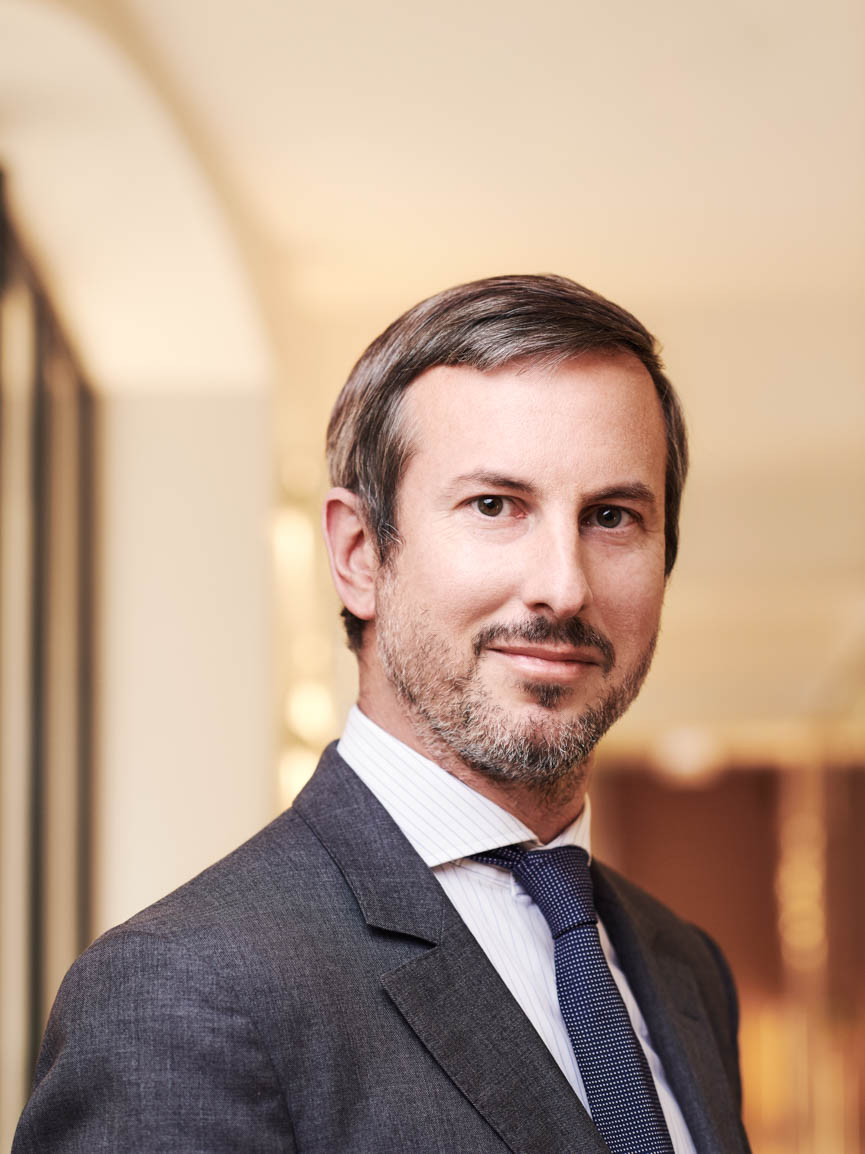Hotels: the challenge of reducing the carbon footprint
Reducing carbon emissions per room by 66% by 2030 and 90% by 2050 to meet the targets of the Paris agreement is evidently a formidable challenge for the hotel sector. “It’s a challenge that operators are committed to meeting, as the market and investors are aware of the risk to the climate if we do nothing.” Olivier Corallo, Manager in the Climate Change & Sustainability Services department at EY France. “This is now a core preoccupation of professionals working in the sector.” Tugdual Millet, CEO Hotels, Covivio.
Continuous improvement drive
At Covivio, which boasts a portfolio of 314 hotels valued at €6.6 billion, this realisation has already been translated into action. “Currently, 80% of our hotel portfolio has received environmental certification, with the aim of reaching 100% by 2025. However, certification is not an end in itself. It is above all a means of aligning our aims with those of our hotel partners as part of a shared drive towards continuous improvement”, Tugdual Millet explained. And in this sector, it makes sense to join forces, as the constraints are numerous and the work generally needs to be done on occupied sites.
It is essential for us to work in close partnership with brands in the process of developing their own strategies for reducing carbon emissions. This involves not only meticulous planning of projects designed to improve performance, but also helping tenants optimise the operation of their establishments.
Tugdual Millet
CEO Hotels, Covivio

A joint approach is necessary in order to ensure the hotel portfolio’s contribution to the Covivio carbon trajectory.
Prioritising a global approach
At individual building level, a precise diagnosis of each establishment is essential. The aim is to identify sources of energy loss and plan major works if necessary, including openings, technical facilities and consumption management solutions. For this purpose, compliance with the strictest environmental standards is not enough. “A global approach must be prioritised. We need to look at the carbon footprint associated with travel, purchasing, the catering supply chain, packaging and waste management, for example.” underlines Olivier Corallo. This inventory also entails reviewing the organisation and processes in order to identify ways of achieving greater sobriety. It is just as important to train employees in more virtuous practices while raising client awareness at the same time. All of this must be achieved while upholding the quality of service specific to each establishment. As Europe’s leading hotel owner and manager, partner to around 20 benchmark hotel groups, Covivio can leverage its diversified real estate operator profile (Offices-Residential-Hotels) and experience in this area to identify and disseminate best practices among its clients.
